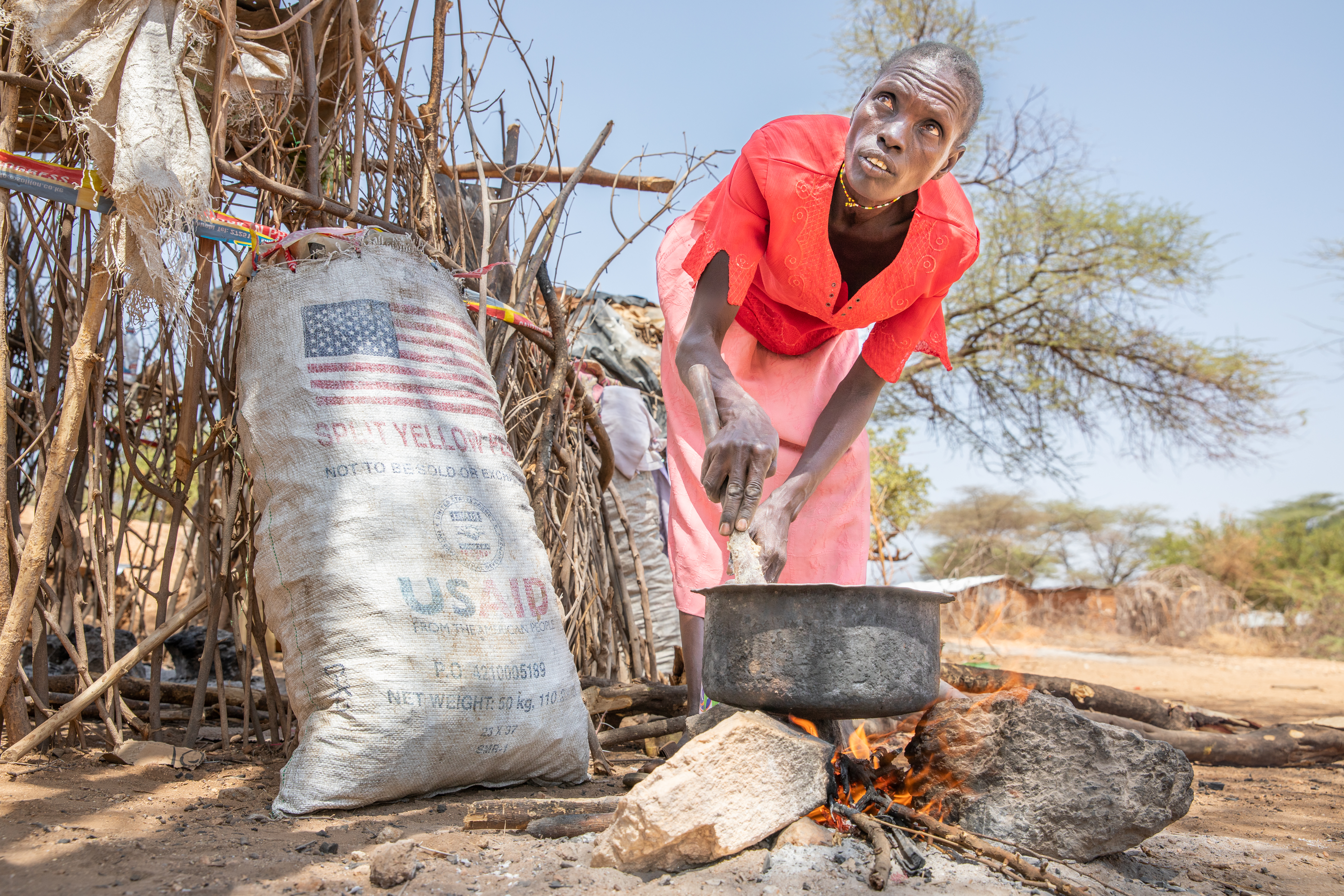My hurricane story
D'Iberville, Mississippi — Here at D'Iberville Elementary School, a few miles from where the Gulf of Mexico laps the sands in front of Biloxi's casinos, nearly every kid has a hurricane story. And the prevailing theme is loss.
Eight-year-old Nicholas lost his house, two sets of friends, his pet turtle and the company of both parents, who separated in the aftermath of the storm. Anyone would need help working through that kind of trauma, much less a second-grader.
Nicholas got the chance to express himself on paper in January. He and his classmates at the local Boys & Girls Club were offered the chance to write 100 words about how the hurricane affected them.

"I wrote about my pets, my friends, how I had to move back and forth," says Nicholas, a puckish, freckle-faced boy who broke away from a frenzied game of duck-duck-goose to talk about the experience.
The idea for the essay came out of "My Hurricane Story," a 32-page workbook developed by Mercy Corps and its partner agencies to help elementary school children make sense of their individual hurricane experiences. It's one of six publications the agency helped produce as part of its Comfort For Kids program.
Through Comfort For Kids, Mercy Corps partners with local agencies to equip childcare workers, counselors, teachers and parents with the skills needed to train other professionals on how to help kids recover emotionally from hurricane-related trauma.
Currently, more than 150 of these child-health experts have trained more than 1,000 caregivers in Louisiana, Mississippi and Texas. They've also distributed more than 4,000 copies of "My Hurricane Story," along with hundreds of other pamphlets, workbooks and guides.
Boys & Girls Clubs along the Gulf Coast are among the agencies that have sent their youth development professionals to the trainings. Last year, the nonprofit served 2,500 kids at seven schools and standalone facilities in Mississippi, all of which suffered damage in the storm. Today, they’re helping about 150 students at D’Iberville Elementary School spend after school hours getting help with homework and participating in activities in the Club's "core" areas, which include leadership, health and sports.
Tara Haney, the D'Iberville site director, says about half the kids lost everything in Hurricane Katrina, which leveled trees and houses and piled up billions worth of damage across coastal Mississippi. At the end of March, more than 100,000 Mississippians were still living in 37,500 FEMA-provided trailers, according to the disaster management agency. The amount of debris removed to date in Mississippi would fill more than 300 football fields, stacked 50 feet high, FEMA says.
Most of the youngsters at D'Iberville are coping better than one might expect, Haney says, but the 100-word essays did raise red flags for a few of the kids. The stories were "heartbreaking" to read, she says, but a healthy release for the kids to write. "They were able to get it all out," says Haney.
Nicholas, who is in second grade, had a lot to say in 100 words. "The hurricane made me move to North Carolina, away from my friends," he says, recounting what he wrote. "And then my new friends in North Carolina, after the hurricane was gone I had to leave them, too."
What's more, the storm coincided with his parents' divorce. Since returning to the Gulf Coast, he's lived with his mom and siblings in a FEMA trailer on the property of a family friend in the town of Gautier, Mississippi, about 15 miles east of D'Iberville. His dad remains in North Carolina.
Writing about his ordeal helped work out some of his feelings, Nicholas says. "At first it was depressing and sad. But if you don't let out your emotions, you're going to explode. So it helped."


